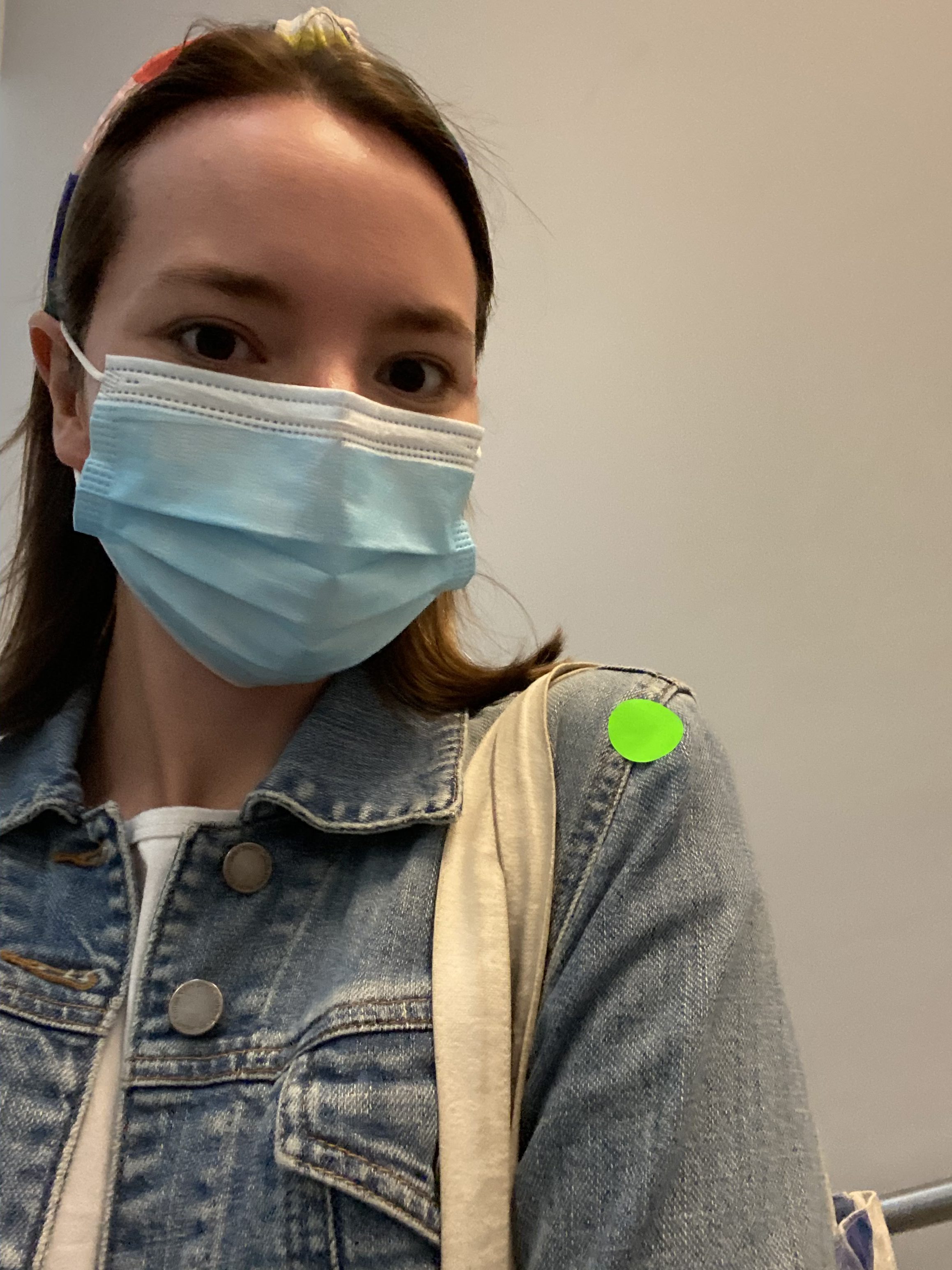You’re probably familiar with immunisation charts and that dreaded feeling of being called for your turn as a young child. Unfortunately, that process isn’t going to disappear anytime soon and instead has been intensified with the global COVID-19 vaccination efforts. Furthermore, immunisation is an essential part of helping to ensure the health and safety of 2.66 million students based in the UK which is a perfect breeding ground for diseases. If you’re joining LSE as a new student, this is particularly important as you must ensure you have the proper immunisation and meet the necessary health requirements in time for your arrival at LSE.
Recommended vaccines for students from a student perspective
COVID: An obvious one for the current circumstances we are all finding ourselves in… most countries require you to have taken two jabs to be classed as fully vaccinated but some will soon ask for you to have a booster too by the looks of how things are going. Of course, we have to be mindful that there are exemptions and not everyone can have the jab but for those who can, it’s important to ensure you play your part so we can exit this pandemic quicker!
MenACWY: I wasn’t even aware of meningitis until I came to the UK but after hearing that it involves the swelling of the brain and spinal cord membranes, I think I’d rather take a small pinch than put myself through the risk of contracting the disease. As seen in its name, it’s already combined to protect you against the four strains of meningitis. If you’re under 25 and planning to live in halls or with other students this is one you really should consider taking. It’s not a pathogen we are regularly exposed to so our natural immunity isn’t as strong as it is compared to the seasonal cold or flu.
Flu: Individuals from the Northern Hemisphere are probably familiar with the flu roll-out every winter where the risk of contracting flu is the highest as people spend more time indoors, especially in poorly ventilated areas and the combining forces of the cold, dark weather reduces your Vitamin D and immunity levels leaving you more susceptible to – ahem – a certain Fresher’s Flu. For those coming from the Southern Hemisphere, like myself, we do have a similar version specific for this side of the world’s strains however with sunshine almost all year round, there isn’t as much of a serious need for a massive vaccination effort. Although this is one you might be a bit more reluctant to get, it’s important to get one every year to ensure your antibodies are “updated” to attack the current strain otherwise you’ll be left to defend against the virus on your own.
Measles Mumps Rubella (MMR): Most of us would have had two jabs as part of our mandatory vaccination programme in school, however, if for whatever reason you haven’t, there is always an opportunity at the beginning of fresher’s year particularly (although it runs all year with the NHS booking service) to get your booster if you can’t quite recall your vaccination history or if you’ve never had the jab before.
Tetanus, diphtheria and polio: I still remember taking this jab before going on a school trip where I was going to be dealing with gardening activities. A 3-in-one booster that lasts you for 10 years, it’s probably worth getting this one if you get a lot of random cuts, are at high risk of stepping on nails or if you’re frequently exposed to soil and manure. Although if you think you aren’t one of these individuals, it’s still better to be safe than sorry, isn’t it?
Human Papillomavirus (HPV): Contrary to popular belief, HPV doesn’t affect only girls and being infected by the virus isn’t restricted to sexual contact. It can also affect boys, although it certainly poses a high risk to girls as it is a leading cause of the 4th most common cancer for females globally, cervical cancer. So if you’re under the age of 25, this vaccine is highly recommended as it is an extremely easy preventive measure that is proven to save lives.
Vaccines and Travel
The number of students studying abroad has probably experienced a sharp dip since pre-pandemic levels but if you’re one of the lucky ones who will still be able to benefit from this once in a lifetime experience, make sure to check country-specific vaccine requirements as different regions have varying levels of disease prevalence.
Other health requirements
If you’re coming into the UK from one of the following countries, you’ll need a TB test which typically involves a chest X-ray from an approved clinic in your home country or current country of residence taken before you apply for your UK student visa. It’s probably wise to also do any routine check-ups or tests to make sure you’re well before making the long journey!
Learn more the COVID-19 vaccine and the UK’s vaccination programme (NHS)





